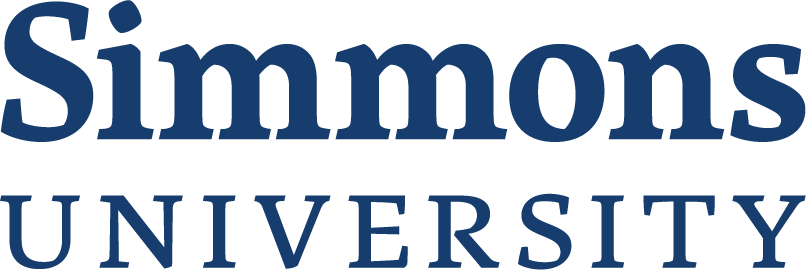Call for Papers: Toward a Decolonial Archival Praxis
Posted May 24, 2018
J.J. Ghaddar, Faculty of Information, University of Toronto, Canada
Michelle Caswell, University of California, Los Angeles, US
This special issue aims to bring together scholarship that explores the myriad ways in which archives and the archival profession have been indelibly shaped by western imperial and colonial ventures. These intertwined pursuits that began over five centuries ago continue to animate and structure every aspect of life on a global scale, as does the racism, heteropatriarchy, ableism and classism crucial to their operation. As part of the broader archival turn, a rich and multidisciplinary scholarship has explored these facets of archives, underscoring how archives, as touchstones of memory and sources for the writing of history; as places of knowledge classification, organization and standardization; and as institutions from which these emanate to the rest of the world; are technologies of empire, coloniality and state. Reading the colonial archive(s) and the records of imperial powers against and along the grain has revealed the archival encounter as a fraught and ambivalent site for the co-constitution of the west and its myriad colonized, racialized others both within and outside European and neo-European borders. Scholars in archival studies have, in turn, explored how the legacies of colonialism and contemporary structures of empire complicate claims over the ownership and custodianship of archives; raise questions about the necessity for archival rematriation and reclamation; call for more expansive notions of provenance or a dispensation with provenance entirely; and encourage participatory and community-oriented archival practices. We seek submissions that build on and elaborate this scholarship by considering the multifaceted and complex connections between our archival records, collections, institutions, and traditions, on the one hand, and the need for a historically-informed decolonial archival praxis and a reconceptualized archival imagination, on the other hand.
With this issue, we seek to generate research that helps us imagine both a different way of archiving and a different world to be archived by reflecting on what colonial legacies, ideas and practices are being dismantled and those that require transformation. Through such reimaginings, we can push our scholarly and professional practices and thinking toward a more generous understanding and deeper commitment to a decolonial praxis in our field. We issue this call for proposals with the theme Toward a Decolonial Archival Praxis to signal the continued urgency of challenging imperial, colonial and racial oppression within our educational, academic and professional institutions and spaces; and to reflect on the structure and content of the records and collections we archive, the principles we espouse, and our intellectual and professional identities. We welcome research that considers any aspect of western colonialism, neocolonialism, postcolonialism and imperialism in relation to specific archival theories, practices, collections or institutions. We encourage cross-disciplinary or interdisciplinary work and inquiries that emerge from or draw on theories and fields within the humanities and social sciences that are little known or used in archival studies. We particularly welcome submissions from Indigenous authors, members of racialized communities, and from authors originating from or working outside North America.
Submission deadline: 1st September 2018
Review time: September 2018 to March 2018
Papers submitted to this special issue for possible publication must be original and must not be under consideration for publication in any other journal or conference. Previously published or accepted conference/workshop papers must contain at least 30% new material to be considered for the special issue (for workshops 50% new content is required). Submission of a manuscript implies that the work described has been approved by all co-authors, if any, as well as by the responsible authorities – tacitly or explicitly – at the institute where the work has been carried out. Submissions should be made online via the Editorial Manager System at http://www.editorialmanager.co
Articles of various lengths will be accepted, but generally no more than 7,000-8,000 words.
